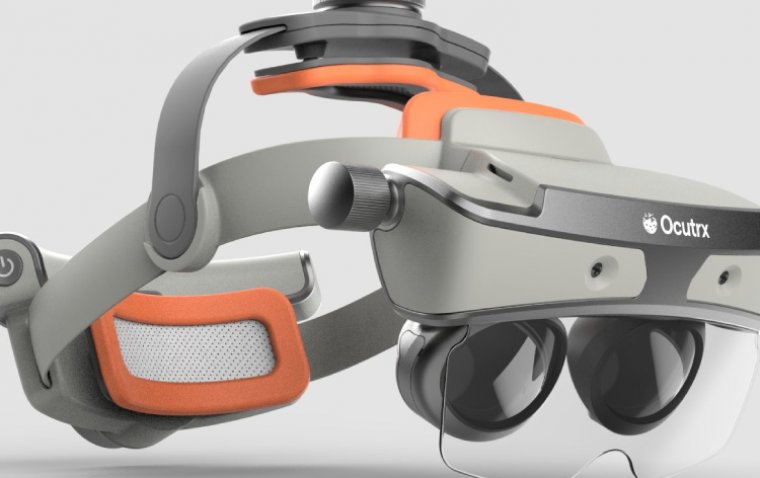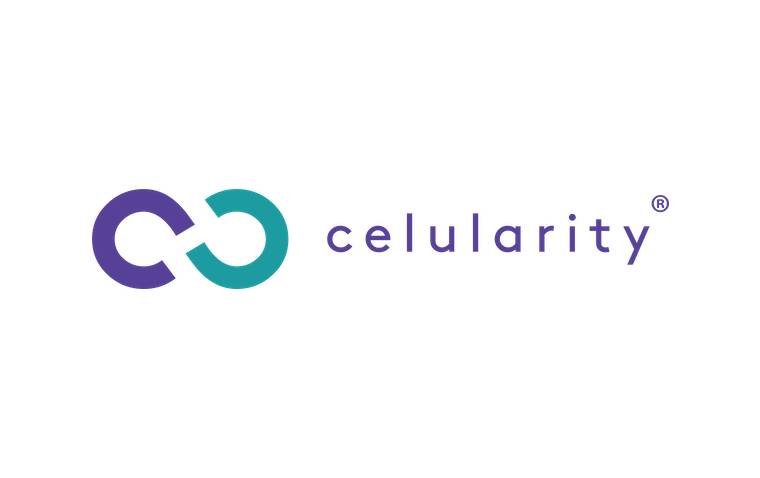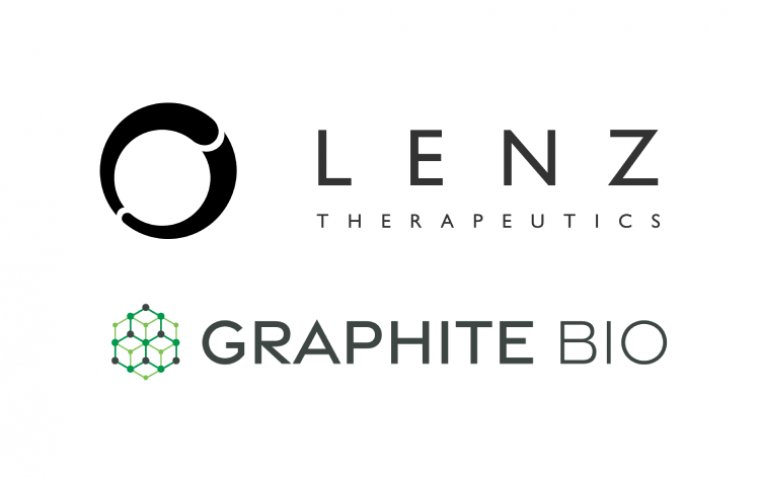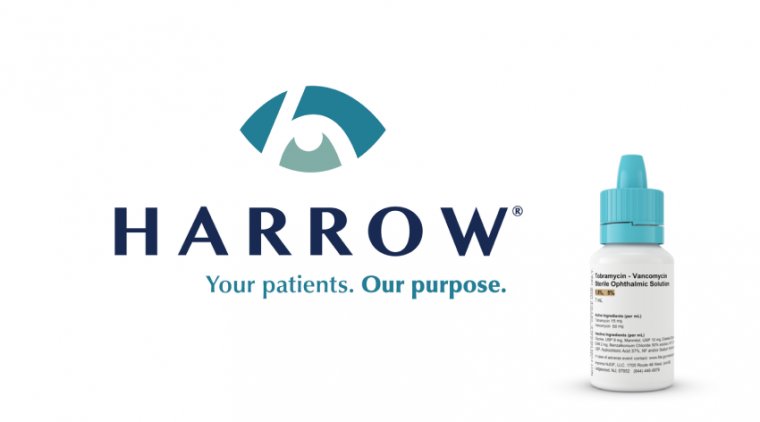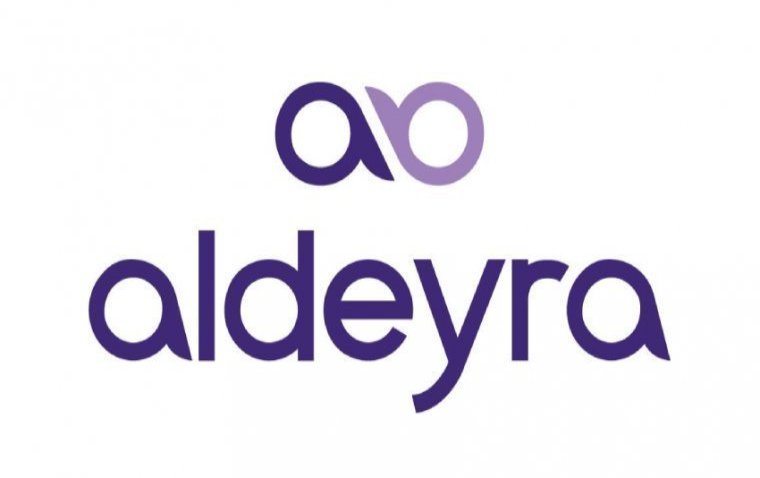
LUMEVOQ Gene Therapy Shows Sustained Visual Acuity Improvements in LHON After 5 Years
GenSight Biologics has announced the final efficacy and safety results from its Phase 3 REFLECT clinical trial for LUMEVOQ (lenadogene nolparvovec). The findings demonstrate that a single administration of this gene therapy provided sustained visual acuity improvements for patients with Leber Hereditary Optic Neuropathy (LHON). Additionally, bilateral injections delivered greater benefits compared to unilateral treatment, while maintaining a favorable safety profile.
Understanding the REFLECT Phase 3 Clinical Trial
The REFLECT trial was a randomized, double-masked, placebo-controlled study that enrolled 98 patients with vision loss due to LHON. Each participant received an intravitreal injection of LUMEVOQ in one eye. The second eye was randomly assigned to receive either:
• LUMEVOQ (48 patients), or
• Placebo (50 patients).
Patients were monitored for five years to assess the long-term effects on visual acuity and evaluate the safety profile of the therapy.
Significant and Sustained Vision Improvements
The study results revealed a clinically meaningful improvement in visual acuity among participants. The average improvement in visual acuity exceeded 15 ETDRS letters, which is the threshold for clinically significant change.
• In the bilaterally treated group, patients experienced a mean improvement of 19 ETDRS letters in the first eye and 18 ETDRS letters in the second eye when compared to their nadir (the point of worst visual acuity).
• Patients who received unilateral treatment showed a mean improvement of 20 ETDRS letters in the treated eye and 14 letters in the placebo eye.
Furthermore, 75% of bilaterally treated patients experienced a clinically relevant recovery from their nadir, compared to 60% of those treated unilaterally. Additionally, 79% of bilaterally treated patients and 72% of unilaterally treated patients were able to read letters on a screen after five years.
How LUMEVOQ Works: Targeting the ND4 Gene
Leber Hereditary Optic Neuropathy (LHON) is caused by mutations in the mitochondrial ND4 gene, leading to optic nerve degeneration and progressive vision loss.
LUMEVOQ delivers a functional copy of the ND4 gene directly into the retinal ganglion cells through intravitreal injection. Once inside the cells, the gene helps restore the production of the ND4 protein, which is essential for mitochondrial energy production and optic nerve function.
Safety Profile: Consistent and Favorable
The safety data from the REFLECT trial showed that LUMEVOQ was well-tolerated across all participants:
• No serious ocular adverse events were reported.
• Comparable safety profiles were observed between patients treated bilaterally and those treated unilaterally.
• The therapy’s safety remained consistent throughout the five-year follow-up period.
These results reinforce the potential of LUMEVOQ as a safe and effective gene therapy for long-term management of LHON.
Expert Insights on the REFLECT Results
Professor Patrick Yu-Wai-Man, MD, PhD, the International Principal Investigator of the REFLECT trial and a Professor of Ophthalmology at the University of Cambridge, shared his thoughts on the findings:
"The latest REFLECT data confirms that the improvement seen with lenadogene nolparvovec is sustained 5 years after treatment has been given, including the additional benefit observed in participants receiving a bilateral intravitreal injection of the gene therapy. Importantly, REFLECT participants receiving a bilateral injection had a comparable safety profile to those treated unilaterally."
Exploring New Developments in LHON Treatment
The five-year results of the REFLECT trial highlight the long-term efficacy and safety of LUMEVOQ in improving visual acuity for patients with LHON. With its demonstrated benefits, particularly with bilateral injections, LUMEVOQ stands as a promising therapeutic option for those facing vision loss from this mitochondrial disorder.
(1).jpg)



